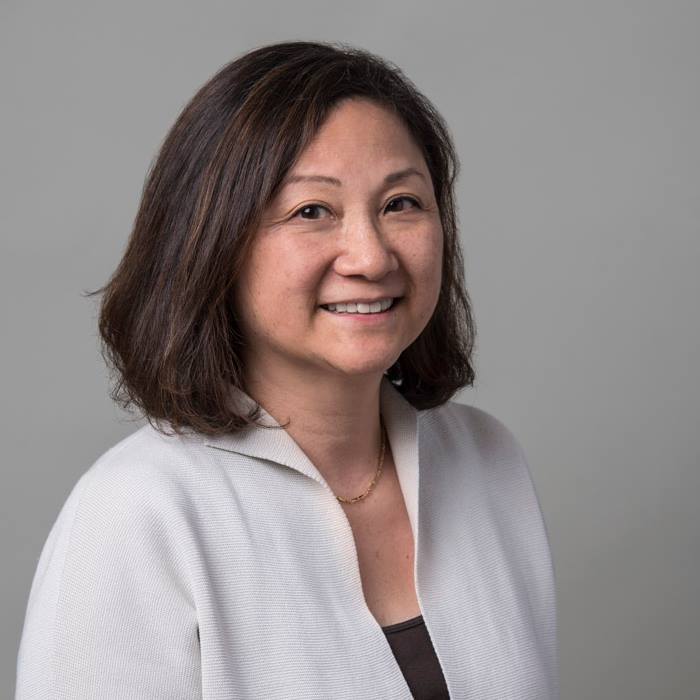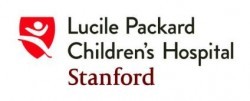

“I am serious about patient care and focused on being compassionate and meeting the needs of my patients, who are going through one of the most difficult experiences of their lives,” Dr. Sakamoto says. “I get so much pleasure out of my work and my patients inspire me every day.”
The most common form of childhood cancer is leukemia, and one of the most aggressive, fast-growing forms of leukemia is acute myeloid leukemia (AML), which has a survival rate of just 60-70%. The current treatment for AML is intensive chemotherapy and stem cell transplantation, both of which are associated with significant negative side effects and long-term complications. For AML patients who relapse or have tumors that become resistant to treatment, few treatment options exist.
In hopes of developing more effective, less toxic treatment options, the Pediatric Cancer Research Foundation has helped fund Dr. Sakamoto’s research through Basic Science Research Grants awarded in 2010, 2015 and 2017-2024. Together with collaborators at Stanford, Dr. Sakamoto has been developing new molecules to target a protein known as CREB in AML cells.
CREB is overproduced in AML cells and causes cells to divide. One of the inhibitors of CREB is an FDA-approved drug known as niclosamide. This drug has been used to treat children with tapeworms and is considered safe. Niclosamide also blocks mitochondria function, which produces energy in the body’s cells. This drug is well-tolerated and was shown to be effective in blocking the growth of pediatric AML cells in preclinical testing.
Dr. Sakamoto is also examining the possibility of other drugs that block the mitochondria that might act together with niclosamide for future clinical trials in children with relapsed or resistant AML.
2151 Michelson Drive, Suite 180, Irvine, CA 92612
800.354.7273 | info@pcrf-kids.org